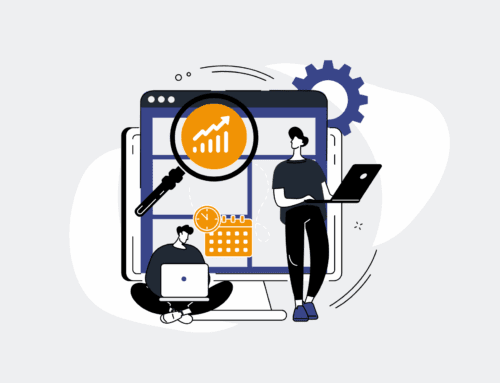What’s Next for Interview Scheduling? Embracing Predictive Automation
The landscape of talent acquisition is constantly evolving, driven by the relentless pace of technological advancement and the increasing demand for efficiency. For years, interview scheduling has remained a significant bottleneck, a seemingly administrative task that consumes countless hours, breeds frustration, and often detracts from the strategic focus of talent teams. Yet, as we peer into the near future, a profound shift is on the horizon: the advent of predictive automation in interview scheduling. This isn’t merely an incremental upgrade; it’s a fundamental reimagining of how organizations connect with talent, moving from reactive coordination to proactive optimization.
Historically, scheduling has been a complex dance of calendar invites, email threads, and manual adjustments. Recruiters and hiring managers spend an inordinate amount of time aligning conflicting schedules, managing reschedules, and ensuring the right people are in the right virtual or physical rooms at the right time. This manual overhead not only slows down the hiring process but also introduces human error, leading to missed opportunities, a suboptimal candidate experience, and a direct impact on an organization’s ability to scale efficiently. The existing tools, while helpful, largely automate the *process* of sending invites and checking availability; they don’t predict or optimize.
Enter predictive automation. Imagine a system that, armed with comprehensive data, can foresee scheduling needs, intelligently suggest optimal interview slots, and even recommend the best-suited interview panel members *before* a manual request is even conceived. This is the power of predictive automation. It leverages artificial intelligence and machine learning to analyze vast datasets – historical interview completion rates, interviewer availability patterns, candidate preferences, time-to-hire metrics, and even the nuances of job requirements – to create a dynamic, self-optimizing scheduling environment.
How does this translate into practical benefits? Firstly, it drastically reduces the time-to-hire. By eliminating the back-and-forth, companies can move candidates through the pipeline faster, securing top talent before competitors. Secondly, it elevates the candidate experience. Prospective employees receive fewer scheduling requests and clearer, more efficient communication, leaving a positive impression of the organization’s professionalism and technological sophistication. Thirdly, it optimizes internal resources. Recruiters and hiring managers are freed from low-value administrative tasks, allowing them to focus on high-value interactions like candidate engagement, strategic planning, and critical decision-making. No longer are your high-value employees bogged down by what could easily be automated.
At 4Spot Consulting, we understand that true efficiency isn’t just about implementing a new piece of software; it’s about strategically integrating systems to work harmoniously. Our OpsMesh framework is designed precisely for this purpose. We don’t just bolt on solutions; we engineer holistic automation strategies that connect disparate systems, leveraging platforms like Make.com to ensure your interview scheduling automation is deeply integrated with your ATS, CRM, calendar systems, and even performance management tools. This strategic approach ensures that predictive automation isn’t a siloed function but a seamless, contributing element to your overarching talent acquisition ecosystem. We believe in building systems that save businesses 25% of their day, and predictive scheduling is a prime example of achieving that goal in HR and recruiting.
The shift towards predictive automation moves talent acquisition from a reactive, administrative function to a proactive, strategic powerhouse. It transforms HR leaders from calendar wranglers into strategic architects, empowering them to forecast talent needs, optimize resource allocation, and enhance the overall effectiveness of their hiring initiatives. This isn’t about replacing human judgment; it’s about augmenting it, providing recruiters and hiring managers with the insights and efficiencies needed to make smarter, faster decisions. It enables teams to spend their time building relationships and assessing talent, rather than navigating logistical complexities.
The future of interview scheduling isn’t a distant prospect; it’s an immediate opportunity for organizations ready to embrace the power of AI-driven foresight. Companies that adopt predictive automation now will gain a significant competitive advantage, attracting better talent, reducing operational costs, and ultimately building stronger, more resilient teams.
If you would like to read more, we recommend this article: Mastering AI-Powered Interview Scheduling for Strategic Talent Acquisition









